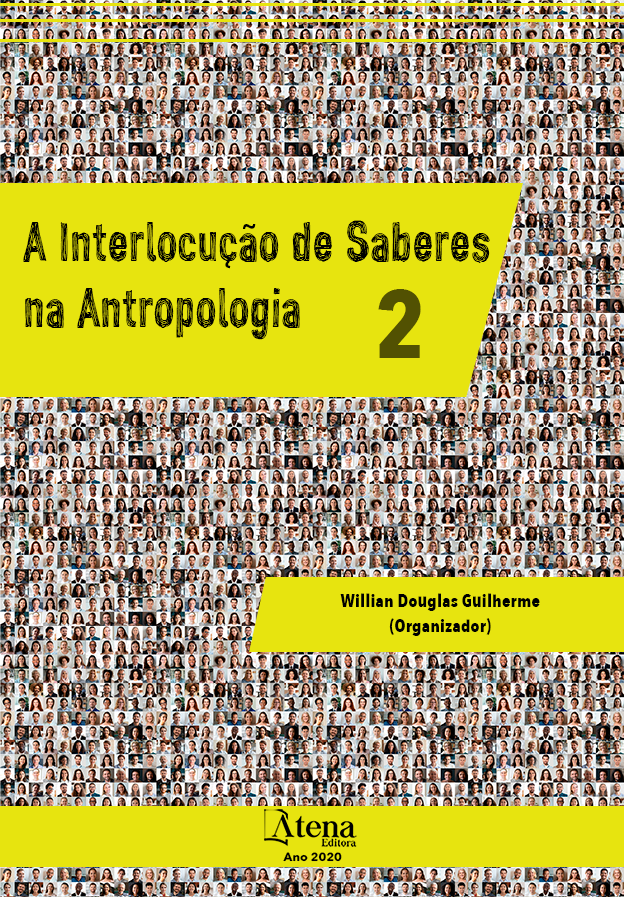
A formação intercultural de gestores no campo da saúde indígena
A educação superior se tornou uma das demandas dos povos indígenas com a nova LDB 9.394/1996, quando reconhece o direito a uma educação diferenciada e intercultural, garantida pela CF/1988 ao reconhecer a organização social, tradições e costumes desses povos (art. 231). Destaca-se que essa demanda entra na agenda do movimento indígena brasileiro acompanhada da luta pelos direitos territoriais. Ressalte-se que as primeiras experiências foram no campo da formação de professores indígenas, a exemplo da UNEMAT, UFRR, UFMG, UFG, UFAM, entre outras universidades brasileiras que criaram as Licenciaturas Interculturais Indígenas. Nesse contexto nasce a experiência do Instituto Insikiran de Formação Superior Indígena, em 2001, com a criação do Núcleo, transformado em Instituto Insikiran, em 2009. O primeiro curso foi a Licenciatura Intercultural (2002) e em seguida foram criados os cursos de Gestão Territorial Indígena, em 2009; e, Gestão em Saúde Coletiva Indígena, em 2012. Este último visa formar gestores no campo da saúde indígena para fortalecer institucionalmente os Distritos Sanitários Especiais Indígenas (DSEIs) e as políticas públicas de saúde indígena no contexto do SUS, necessitando de profissionais indígenas para atuarem no subsistema de atenção à saúde das populações indígenas. A proposta desta comunicação é discutir como as diretrizes de cursos específicos como o de Gestão em Saúde Coletiva Indígena vem dialogando com as políticas indígenas aos povos indígenas no Brasil.
A formação intercultural de gestores no campo da saúde indígena
-
DOI: 10.22533/at.ed.7502011092
-
Palavras-chave: Saúde Indígena; Interculturalidade; Universidade; Povos Indígenas.
-
Keywords: Indigenous Health; Interculturality; University; Indian people
-
Abstract:
Higher education has become one of the demands of indigenous peoples with the new LDB 9.394/1996, when it recognizes the right to a differentiated and intercultural education, guaranteed by CF/1988 by recognizing the social organization, traditions and customs of these peoples (art. 231 ). It is noteworthy that this demand enters the agenda of the Brazilian indigenous movement accompanied by the struggle for territorial rights. It should be noted that the first experiences were in the field of training indigenous teachers, such as UNEMAT, UFRR, UFMG, UFG, UFAM, among other Brazilian universities that created the Intercultural Indigenous Undergraduate Courses. In this context, the experience of the Insikiran Institute for Higher Indigenous Education was born in 2001, with the creation of the Nucleus, transformed into the Insikiran Institute in 2009. The first course was the Intercultural Degree (2002) and then the Territorial Management courses were created. Indigenous, in 2009; and, Management in Indigenous Collective Health, in 2012. The latter aims to train managers in the field of indigenous health to institutionally strengthen the Special Indigenous Health Districts (DSEIs) and public policies on indigenous health in the context of SUS, requiring indigenous professionals to work in the health care subsystem of indigenous populations. The purpose of this communication is to discuss how the guidelines for specific courses such as the Management of Indigenous Collective Health have been dialoguing with indigenous policies towards indigenous peoples in Brazil.
-
Número de páginas: 16
- Ana Paula Barbosa Alves
- Ariosmar Mendes Barbosa
- Marcos Antonio Braga de Freitas


